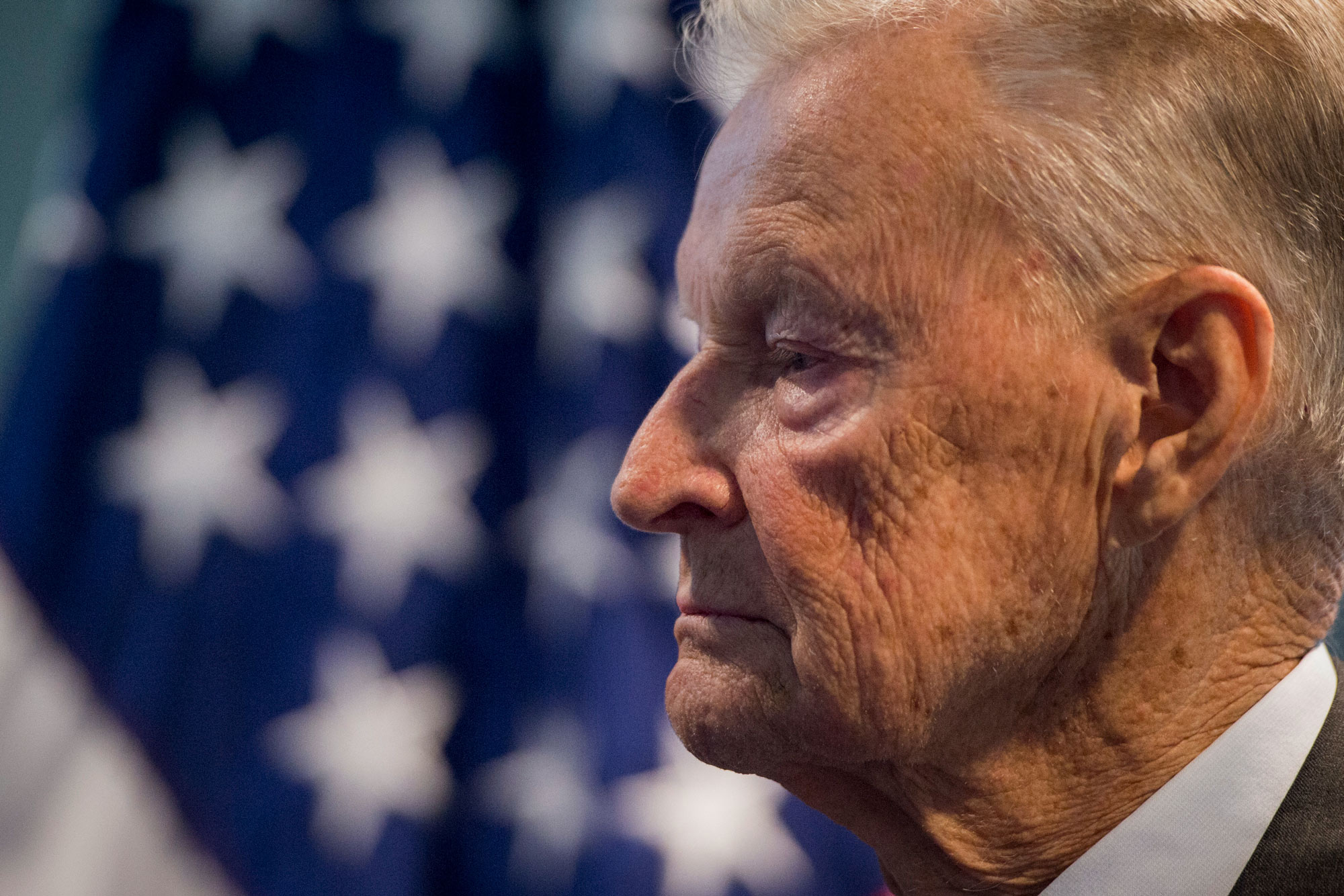Zbigniew Brzezinski, who as national security adviser to President Jimmy Carter was one of the key figures on the foreign policy landscape at a tumultuous time in history, then spent much of the rest of his public career critiquing the foreign policy of six subsequent administrations, died Friday in Falls Church at age 89.
The University of Virginia’s Miller Center, which specializes in presidential history, offers a wealth of resources related to Brzezinski, and particularly his time in the Carter administration.

In this excerpt from an interview conducted as part of the center’s Presidential Oral History Program, Carter reminisces about his time working with “Zbig” Brzezinski:
“Zbig, like [former Secretary of the Treasury] Mike Blumenthal, was feisty and provocative and he had one difference: he didn’t have to protect his turf. I don’t think Zbig ever felt in four years that he was on shaky ground. I don’t think he ever felt that [former Secretary of State Cyrus] Vance or [former Secretary of Defense Harold] Brown were coming between me and Zbig. Zbig and I had a relationship not nearly as close as Jody [Powell] and I, but we joked with each other, we argued about issues, we were together four or five times every day. I started off my days meeting with Zbig. I was a student in many ways of Zbig’s as far as the inner makeup of the Soviet Union and different ethnic groups and the history of Eastern Europe. I was an eager student of Zbig’s and I enjoyed being around him.
“Long before I ever was elected President I recognized Zbig’s strengths and some of his possible weaknesses. Zbig put together a constant barrage of new ideas and suggestions and plans, and 90 percent of them in that totality would have to be rejected. Sometimes maybe 50 percent of them, I’m just estimating, would have some essence or benefit that if modified were good and some of them had to be rejected outright.
“Zbig was not responsible for carrying out the policies that he advocated. He didn’t have a bureaucracy to carry it out. The State Department was that bureaucracy that had to implement foreign policy. Zbig and I had a very close, easy, friendly relationship. We played tennis against each other. I went out to his house every now and then to eat with him, and his daughter and Amy were the same age. We had a good relationship. Also Zbig had an early record of being my supporter. He was my primary foreign policy advisor all the time I was running for President. He met me in San Francisco when I debated Ford in the second debate on foreign policy and defense. Zbig and I had breakfast that morning and Zbig cross-examined me on foreign policy issues just before I went into the debate with Jerry Ford. We were that close together.
“So I think through all that period, there was no doubt in Zbig’s mind that he had a permanent, solid relationship with me. If I didn’t like it, I told him in no uncertain terms. If Zbig said, I’d like to go to Taiwan or China or Germany, which he did a couple of times a week, I’d say, ‘Hell no, you’re not going, you’re going to stay here.’ He was always wanting to go somewhere as an emissary and very seldom did I let him do it. But when he went, he did a good job.”
The Miller Center offers more on Brzezinski, including the transcript of a lengthy oral history it collected with him and snippets of other conversations, here.
Media Contact
Article Information
May 30, 2017
/content/miller-center-interview-carter-recalls-relationship-zbigniew-brzezinski

